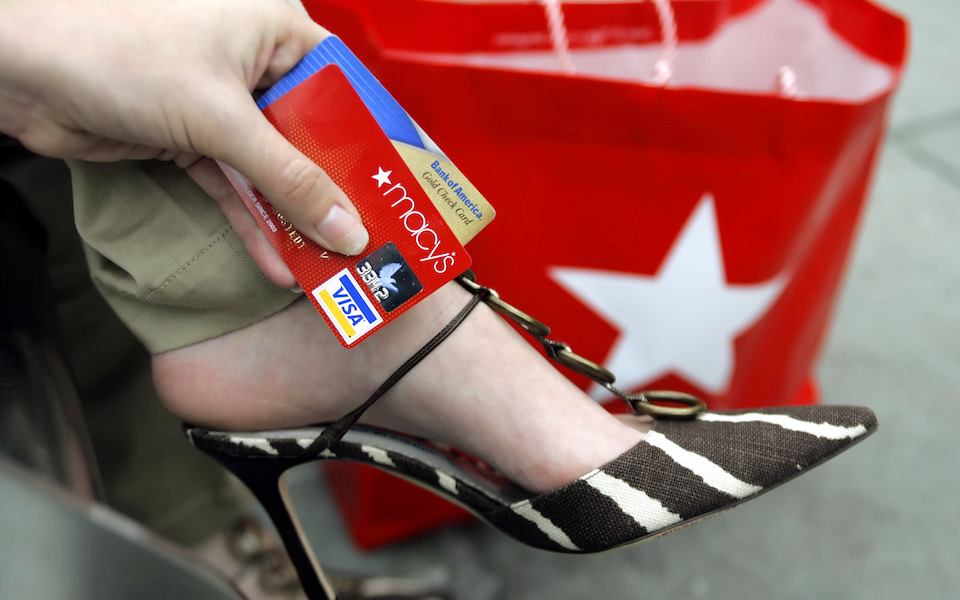‘Buy now pay later,’ in Greece

POWERED BY ZEPOS & YANNOPOULOS
Amid the coronavirus outbreak, the need for alternative finance methods has grown. In Greece, access to traditional bank lending for small businesses and consumers with no credit history is practically impossible. This, combined with the rapid growth of e-commerce and the fintech evolution has led to the development of innovative digital financial products.
One of the fastest-growing trends in the fintech arena is “buy-now-pay-later” or BNPL, a form of interest-free credit that allows consumers to pay in installments, with the costs passed onto the merchant.
The biggest benefit of BNPL for consumers is how easily it can be secured, with instant application approval and payment plans, and no credit score or even credit history required. Instead, BNPL providers use their technology and the open banking system, or similar, to evaluate the credit risk.
Most BNPL providers do not report to credit bureaux on missed payments, require no collateral and charge no fees to the consumer. Instead they charge the merchant commission, with consumers usually subject only to late-payment fees.
BNPL creates new opportunities and provides financial access to consumers with limited credit options, while giving merchants the chance to increase their sales volume. BNPL providers usually pay the merchant up-front and take on the credit risk.
According to a review by the Bank of Greece in June, electronic payment in Greece was elevated both in terms of volume and value of transactions in 2020, despite the decline in card transactions in the first half of the year. However, while BNPL has yet to permeate Greece, providers should remember that under Greek law, the provision of loans or other credit is a regulated activity.
In addition, the BNPL provider may be deemed to be carrying out factoring activities to the extent that they acquire the merchant receivable and have a direct claim against the buyer. Although they are usually provided in relation to claims from invoices, factoring of consumer claims is also possible under Greek law. Unlike other EU states, factoring in Greece is restricted to licensed credit institutions or factoring companies.
Finally, depending on the establishment and authorization of BNPL, providers will be subject to obligations arising from the anti-money laundering rules and will need to comply with applicable consumer protection law requirements in Greece.
BNPL is coming under closer scrutiny from regulators, given that in most cases it seems to be exempt from consumer credit legislation. The key concern is whether BNPL encourages irresponsible lending with soft credit and affordability checks.
In June, the EU Commission issued a proposal for a revision of the Consumer Credit Directive, aiming to adjust the current legal framework to new digital lenders and new online payment facilities and reduce consumer risk. Studies show that consumers may not be aware that zero-interest loans can involve high fees for late or missed payments. The proposal for the revision of the Consumer Credit Directive intends to bring BNPL products within scope of the regulatory perimeter.
As a consequence, BNPL providers would be subject to the disclosure obligations set out in the consumer credit legislation and would need to perform proper creditworthiness assessments on their clients prior to engaging into granting of credit.





